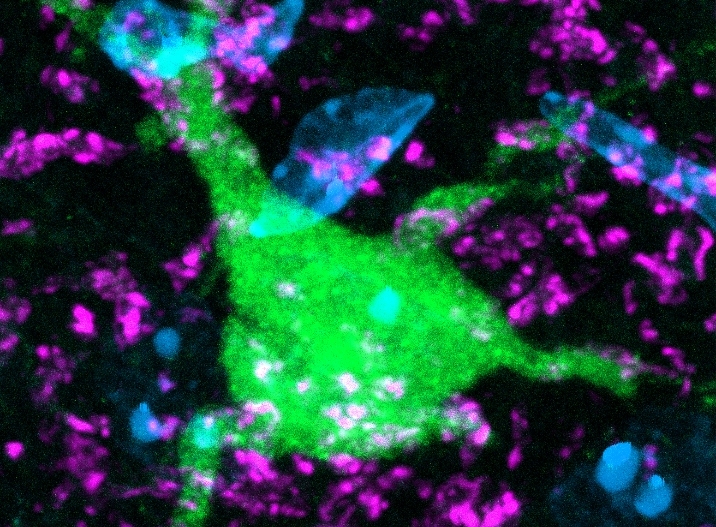
Ian Askew, Director, Department of Sexual and Reproductive Health and Research including UNDP-UNFPA-UNICEF-WHO-World Bank Special Programme of Research, Development and Research Training in Human Reproduction
The unequal impact of COVID-19 across and within countries, social and economic groups is a daily reminder of what it truly means to build a fairer, healthier and greener world for all. HRP welcomes the WHO commitment to health equity at the heart of pandemic response and recovery. We are committed, in turn, to ensuring that no one’s right to sexual and reproductive health is left unclaimed.
Our new publication, Sexual and reproductive health interventions in the WHO Universal Health Coverage (UHC) Compendium, is a practical companion tool to WHO’s powerful UHC Compendium for assisting countries in prioritization and planning processes for determining benefit packages of health services for UHC. It collates all SRH-related interventions in the UHC Compendium as well as providing useful navigation tips for the Compendium website.
Health equity, power dynamics and gender equality go hand in hand, and concrete action is needed to ensure women and girls in all their diversity can enjoy the right to health – during, and beyond the pandemic. As the Generation Equality Forum gets underway we were pleased to contribute to ‘6 WHO priorities for women and health‘ which includes ensuring quality sexual and reproductive health for all and preventing and responding to violence against women and girls.
This is timely. WHO is co-leading the Generation Equality Action Coalition on Gender-Based Violence and last month, with HRP and other UN agency partners, launched the biggest ever global study of the prevalence of violence against women. The report provides updated estimates for two of the most common forms of violence against women and girls: violence by an intimate male partner and non-partner sexual violence.
Violence against women and girls starts early. Nearly 1 in 4 adolescent girls who have had an intimate relationship have been subjected to physical and/or sexual violence by an intimate partner by the time they reach their mid-twenties. Health systems can help women survivors of violence, and new WHO resources inform, advocate and strengthen violence prevention and care services.
HRP has a unique research mandate across the UN system, and finding ways to safely continue identifying and addressing priorities for SRHR research with partners around the world has been a collaborative learning process over the last year. I encourage you to read and share this impressive perspective from colleagues in Somaliland, showing how COVID-19 prevention measures were integrated into the research methods used for a study on person-centred communication training to prevent female genital mutilation, and care for survivors.
Research into COVID-19 itself is of course an ongoing priority. Recently we published the latest update to a unique living systematic review into how COVID-19 affects pregnant women’s health, as well as the health of their babies, adding another 115 studies since the first publication in August 2020. Such work is crucial for addressing the pandemic in real time and for ensuring sustained access to essential sexual and reproductive health services and rights.
This is a longstanding concern in all health emergencies, not only COVID-19: sexual and reproductive health services are quickly disrupted when health systems are under pressure during disease outbreaks. New research carried out with the Sierra Leone Ebola Virus Persistence Study Group finds evidence that 75% of male survivors of Ebola carry traces of the virus in their semen 6 months after they recover from the disease. There is, therefore, still a pressing need to for ongoing research related to Ebola virus persistence.
New ways of improving the reach and accessibility of HRP’s evidence and WHO guidelines in every country will be essential for improving their impact on everyone’s health. Digital tools have huge potential to strengthen quality of care for all and accelerate progress towards national and Sustainable Development Goals. With antenatal care being the focus of the first ever WHO SMART Guideline, HRP’s work on digital health is part of a landmark effort to accelerate the availability and impact of WHO guidance through digital systems at the country level.
Strong partnerships are also fundamental for ensuring that HRP research has an impact. Members of parliament are uniquely positioned to influence the shape and content of their countries’ public health agendas and we were very pleased to support WHO’s participation in a recent event with the European Parliamentary Forum for Sexual and Reproductive Rights: “Eliminating Cervical Cancer Together.”
Individuals with lived experience of specific sexual and reproductive health needs are also vital partners, most importantly when it comes to research and advocacy that directly affects them. We are grateful to all the contributors who helped to develop the first WHO fact sheet on endometriosis. This is an important step towards effective policies and interventions for an often debilitatingly painful chronic disease affecting roughly 1 in 10 women and girls of reproductive age globally.
As we move into the second year with COVID-19, it’s hard not to look at the calendar and feel a sense of déjà vu. However, I’m very pleased to have shared so many activities from HRP which are unquestionably new, exciting – and essential to our work of ensuring that every person can achieve the highest possible level of sexual and reproductive health and rights, during and beyond the pandemic.






